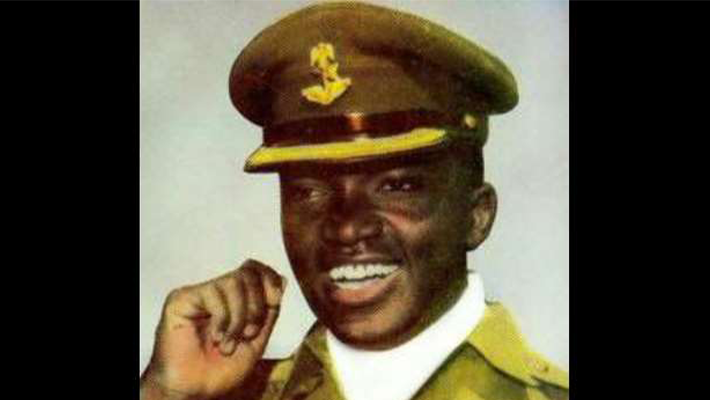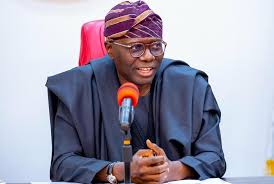By Milcah Tanimu
Every January 15, Nigerians reflect on the tragic events of 1966 when Kaduna Nzeogwu and his co-conspirators ended the First Republic through a coup. While that day is marked as pivotal, the seeds of Nigeria’s generational crisis were sown long before 1966—arguably as early as 1953.
This year, Senator Shehu Sani argued that Nigeria has yet to recover from the assassination of Sir Ahmadu Bello and others during the coup. Although compelling, this view only scratches the surface of deeper historical fractures. The root cause, as University of Ibadan historian Professor Chieka Ifemesia posited, lies in conflicting visions of nation-building that have plagued Nigeria since amalgamation in 1914.
The 1953 Turning Point
The rain, metaphorically speaking, began in 1953. Southern leaders, eager for independence, clashed with their northern counterparts, who felt unprepared to compete politically or administratively. The infamous March 31, 1953, motion by Anthony Enahoro to secure independence by 1956 met resistance from the North.
Fearing southern domination, northern leaders proposed a gradual path. When their compromise motion for self-government “as soon as possible” failed, tensions escalated. By May, northern leaders faced jeers in Lagos, and their return to Kaduna prompted demands for regional autonomy.
The resulting unrest peaked with the Kano riots of May 16, 1953. Demonstrations, fueled by anti-independence sentiments, spiraled into violence, leaving 46 people—mostly southerners—dead. British colonial authorities intervened, warning that unresolved underlying issues could cause future crises. Their prophecy proved tragically accurate.
The Seeds of Conflict
The seeds of discord lay in the unresolved cultural, political, and economic differences between Nigeria’s regions. Despite compromises, such as appointing Abubakar Tafawa Balewa as Prime Minister while Ahmadu Bello remained Premier of the North, these issues persisted.
The 1966 coup, though tragic, was an inevitable storm fueled by years of inaction. When the seeds of 1953 bore fruit, it was no longer a mere drizzle but a deluge of conflict that reshaped Nigeria forever.
Lessons from History
History, as Okonkwo argues, offers multiple perspectives. Victims and perpetrators often cross lines, blurring narratives. Yet, while Nigerians are adept at apportioning blame, true progress demands addressing root causes and working toward sustainable solutions.
As the British observed after the 1953 riots, only by identifying and addressing the underlying causes can recurrence be avoided. Without such efforts, history will continue to repeat itself, and Nigeria’s generational crisis will remain unresolved.





